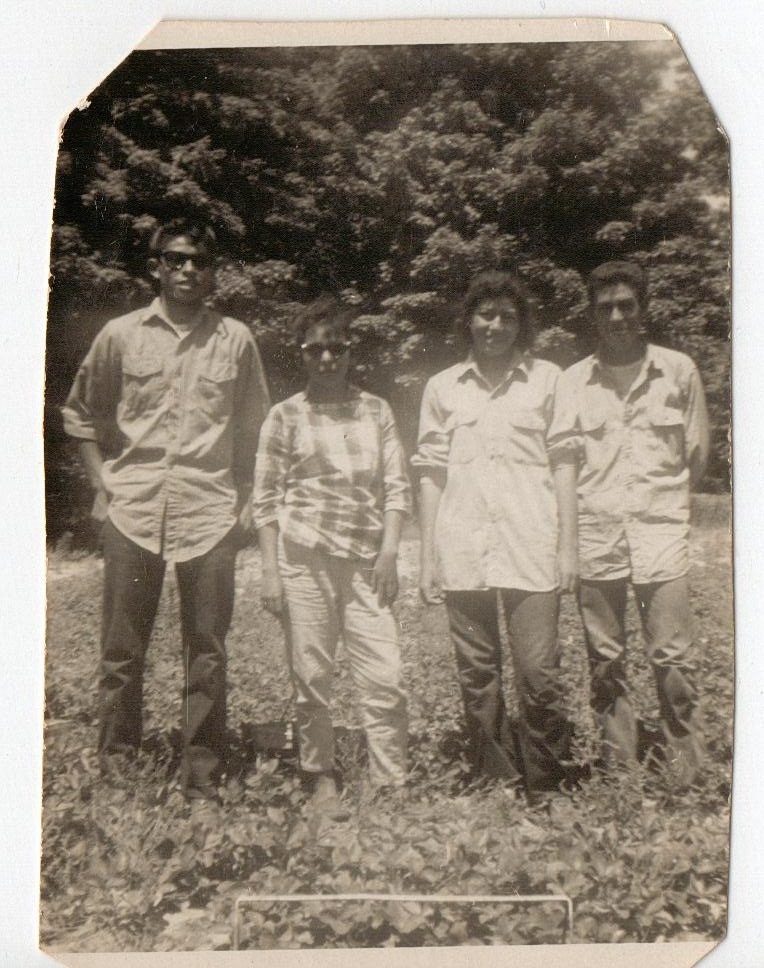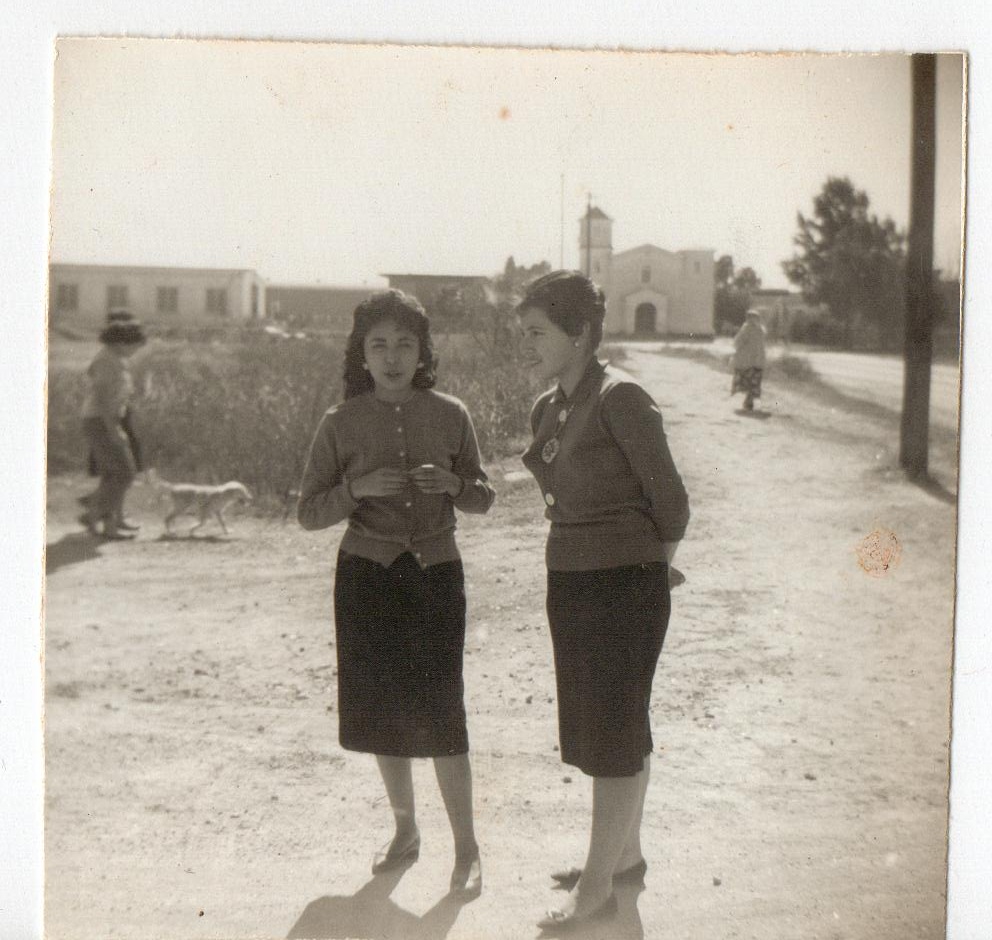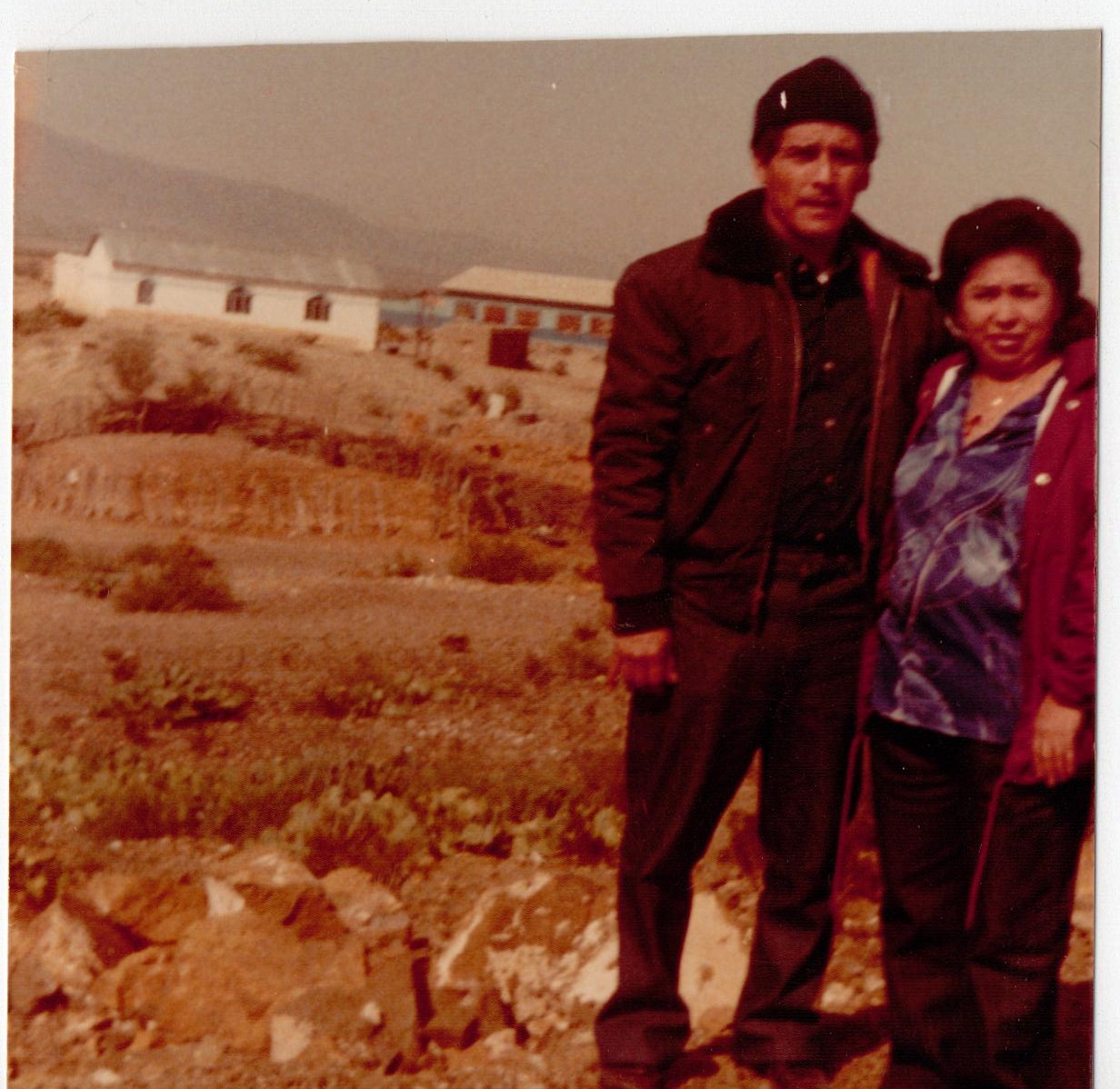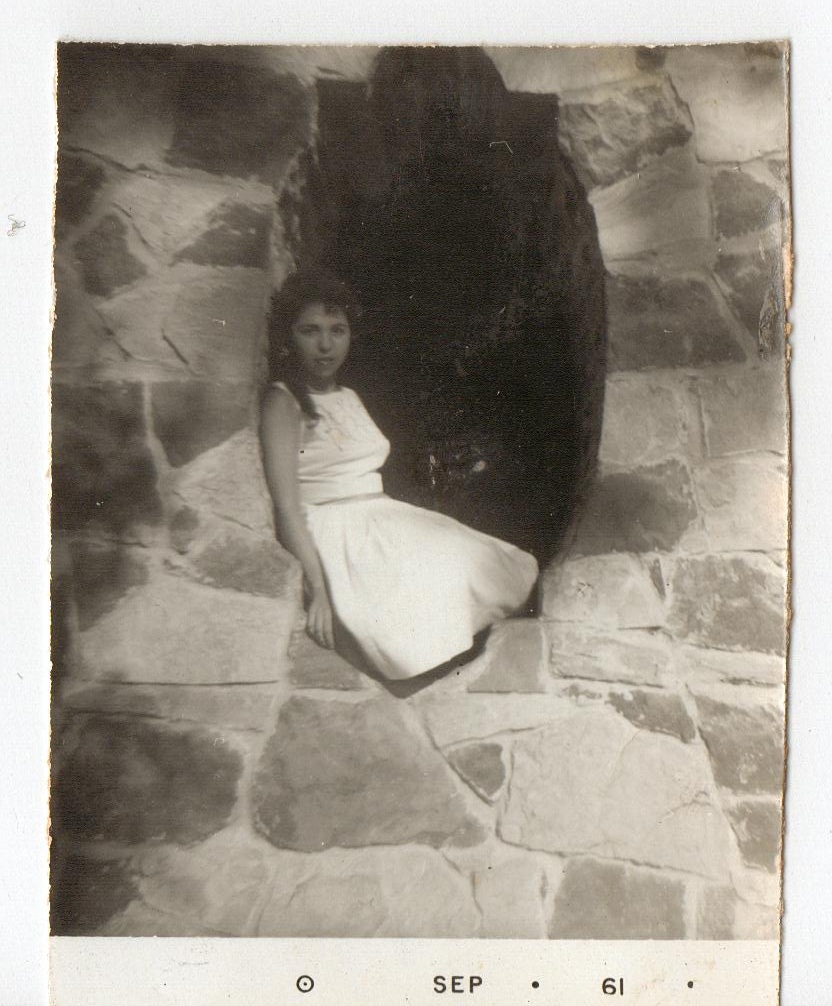TRANSCRIPTION
What did your parents do for work?
“My parents went to do field work, because they were very old and couldn’t get a job. They had to go and work on the fields like everybody else.”
What was a typical day like working on the fields?
“It was hot, very hot. It was hard work. We had to do lots of lifting and bending down. Carrying lots of stuff and doing things that were very hard work, like a man’s job, and I was just a little girl, so you can imagine how it was for a young girl to be out in the heat working. Like picking cotton and doing all sorts of things on the fields. It was hard.”
What was your job on the field?
“Well everybody had to do the same job; there was no special job for nobody. We did all everything as a family together."


Where did you stay and sleep during your summers?
“They provided little houses like cottages for the people that will go over there and work.”
If you didn’t have to work on the fields what would you have liked to do during your summers?
“I would like to go swimming like everybody else, going on trips, like when people go on vacation. I never had a vacation when I was young. That was my vacation every year. They would take me out of school and take me to work. So I had no summer like everybody else. It wasn’t fun like going swimming or Disney Land. Cause to me we were very poor and a big family that my parents couldn’t afford. We had to go and work hard, that’s what we had to go and do.”
Were you and your family close?
“Very close. We were 13 in our family. I had 7 brothers and 6 sisters and I was the youngest. They really showed me a lot of love and respect.”
How did you meet your husband?
“I met him for the first time on the bus on my way to work. I didn’t really pay much attention to him really until he started working at the shoe factory with me and I recognized him from the bus. After a few months we started talking to each other, we started going out with each other and we got married.”

What influenced you to do your missionary work of many years?
“Because for many years I didn’t know anything about helping others. I would go to church but I really wasn’t interested in doing charity or any other kind of things to help others until I started going to the prayer groups, getting involved in church work, and we started meeting other people that were Christians and because of them we met sister and brothers in Christ who were going as missionaries. So they invited us and we liked doing our missionary work and ever since then we started in 1984 and didn’t stop till 2008. We really did enjoy helping others and doing missionary work.”
What did you to as a missionary?
“We would go and first of all take them food and clothing and we would take a priest with us. And this priest will Baptist babies and marry people. We are the god parents of most of the babies there. Everybody knew us for many years. I enjoy doing everything with helping others. My husband and I were very happy to be doing the lords work. Every time we would go and do whatever we had to do there we would come back very happy and full of joy , and being able to help others made me very happy.”
Why did you stop your missionary work?
“Well we had plans to move over there for 6 months out of the year and stay here for the other 6months, but my husband got retired and that was our plan, but he got sick with cancer for one year and he passed away and we stopped going. And because I have health problems myself, I can’t do anymore missionary work. So I stopped doing anything else.”


What life lessons would you like to pass on to the future generations of your family?
“I would like for them to do the same thing that we used to do. Maybe they can not do missionary work but they can help people in the parish where they live or help serve the Lord in different ways. Even at their jobs, they can help others. There’s a lot of needy people here in San Antonio that need help. They don’t have to go and do what we did but they can start helping their family and friends. Just be there and show the love and respect to those that need it. Especially the hungry and the people that don’t have a place to live.”

